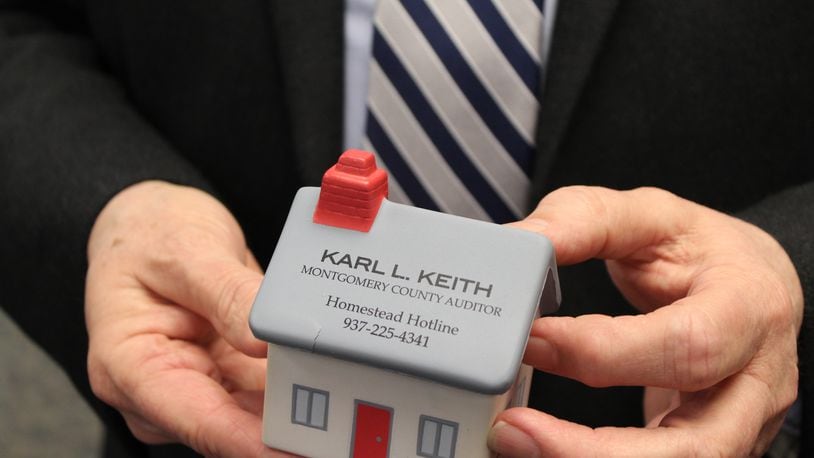For most homeowners, the tax credit comes out to less than $100 a year. But its cumulative impact to the county's tax rolls is more than $11 million. Of that, the I-Team's investigation calls into question hundreds of thousands of dollars' worth of tax breaks.
The I-Team found 4,949 property owners who appear to own more than one property claimed as a primary residence for tax purposes. The total value of these tax reductions is $680,120.
And 3,616 properties registered with the county as rental properties are getting tax credits worth nearly $200,000 combined.
The largest owner-occupied tax credit goes to the Florida-based company that owns an office park in Miami Twp. The combined tax reduction on three parcels comes out to more than $8,000 a year.
Doug Trout, director of real estate at the Montgomery County Auditor's Office, said the tax credit should not be going to companies or rental properties. He said his office is looking into the I-Team's findings.
“When that was brought up, we started looking at it,” he said in an interview. “Every time a property is transferred a person has to let us know, under penalty of perjury, whether they are occupying that property or they are not.”
He said his office reviews property transfers every year and removes thousands of ineligible properties from receiving the tax credit. More than 146,000 properties currently claim the credit, a 2.5 percent rollback on property taxes passed prior to 2012.
A separate auditor’s office department processes registration of rental properties, which is required by state law for large counties. But there was no extra step taken to compare rental registration with owner-occupancy.
“There will be,” Trout said.
Trout said properties that changed hands this year and last year would hopefully be caught by a routine audit at the end of this year and changed before the tax bills go out in 2018.
“We look at it on an annual basis and when we become aware of issue related to that we have legal mechanism, and we constantly strive to improve our processes to make sure we have the most accurate data possible.”
Many of the properties identified by the I-Team's analysis changed hands years ago, though.
The I-Team is looking further into this story and will post more information as it comes available.
MORE FROM THE I-TEAM:
About the Author
